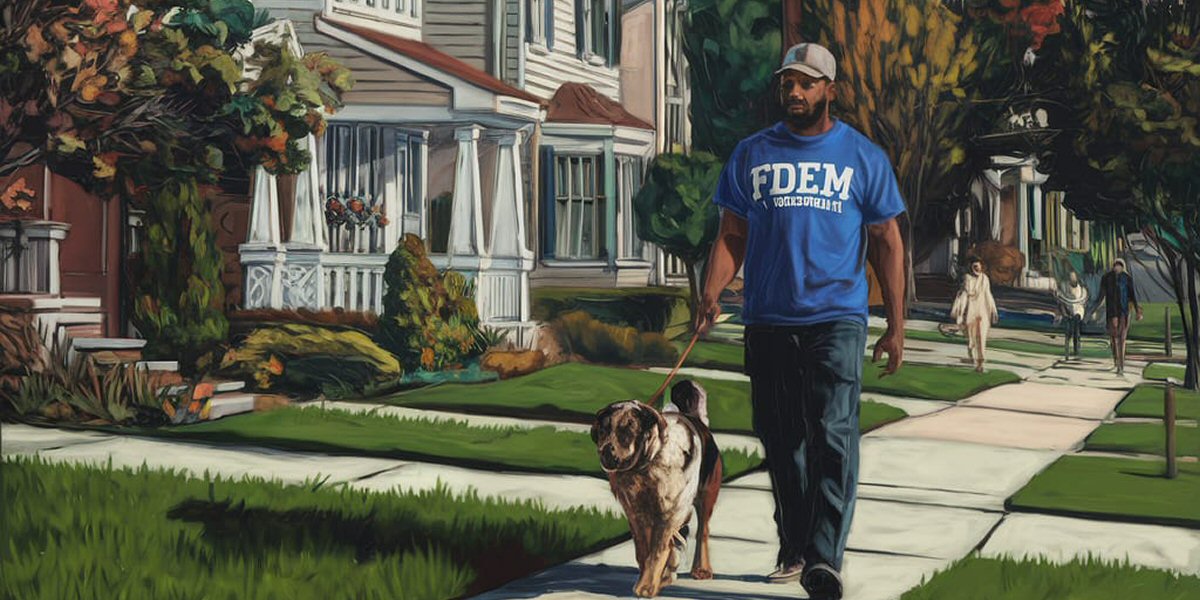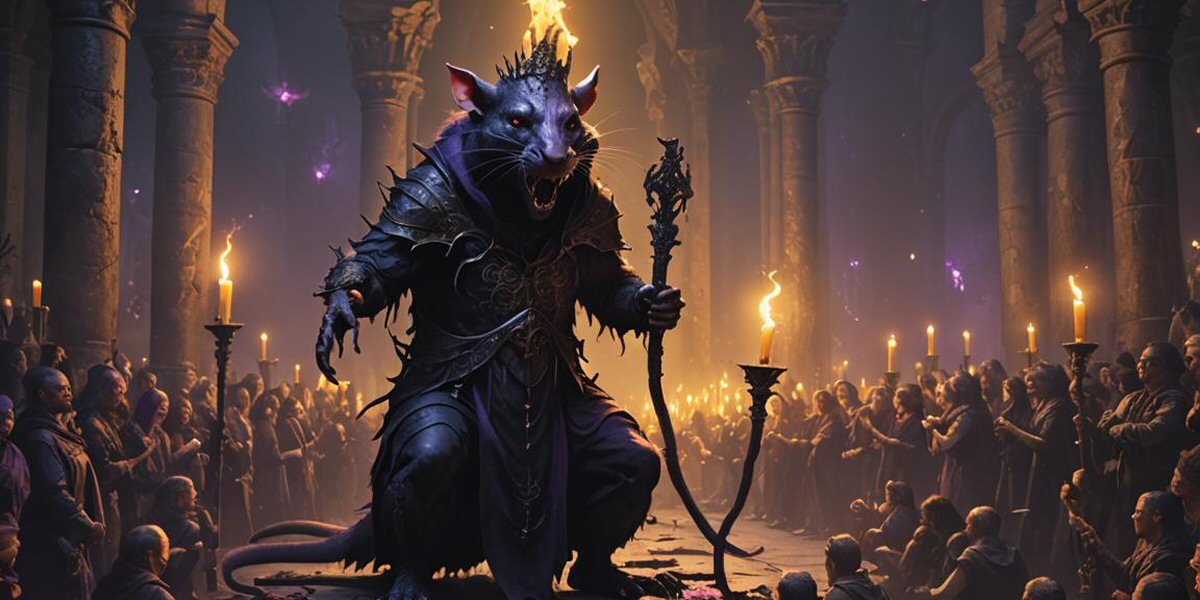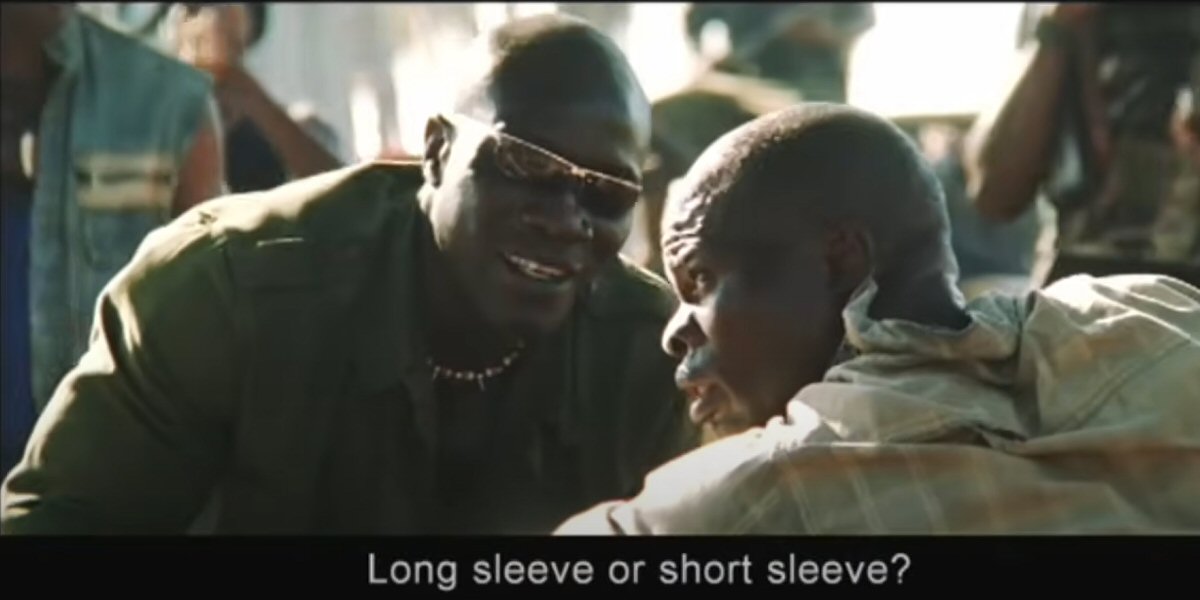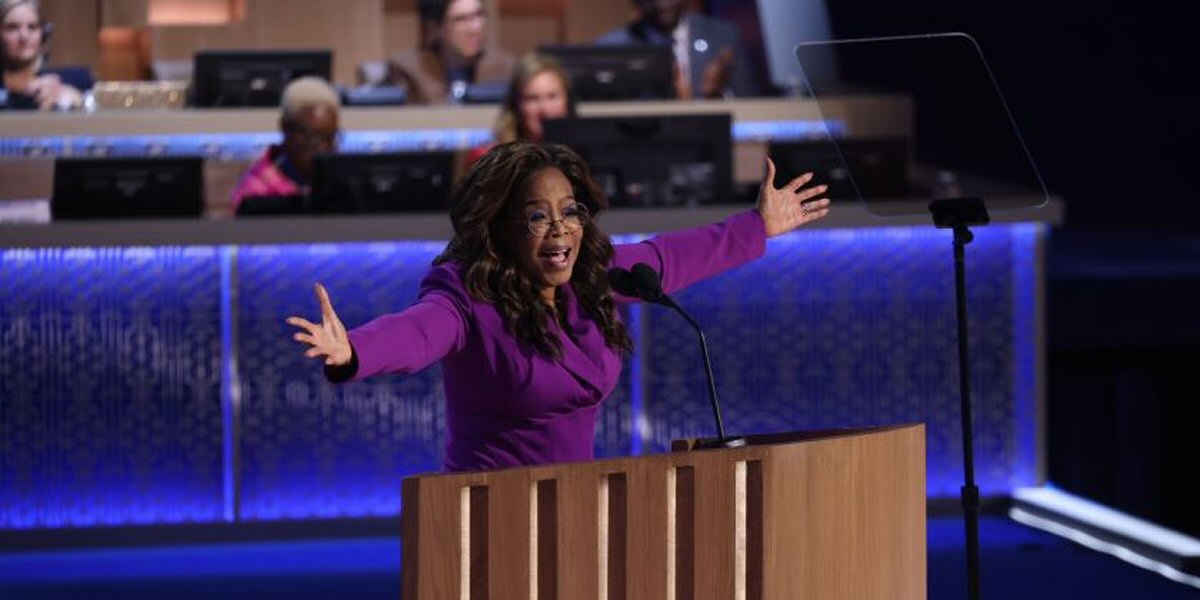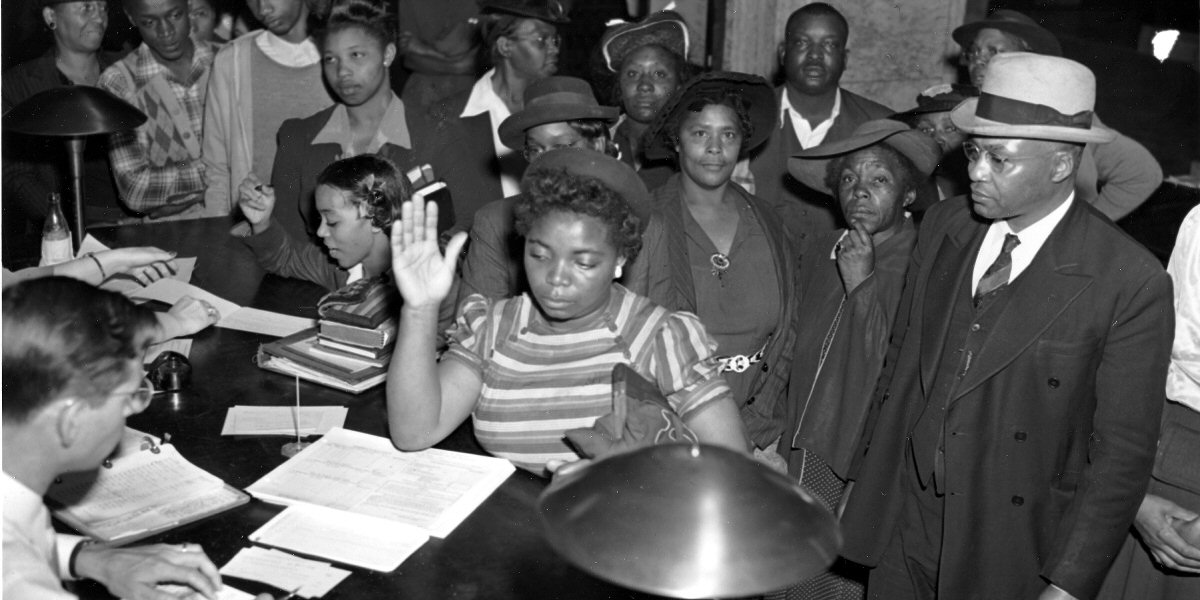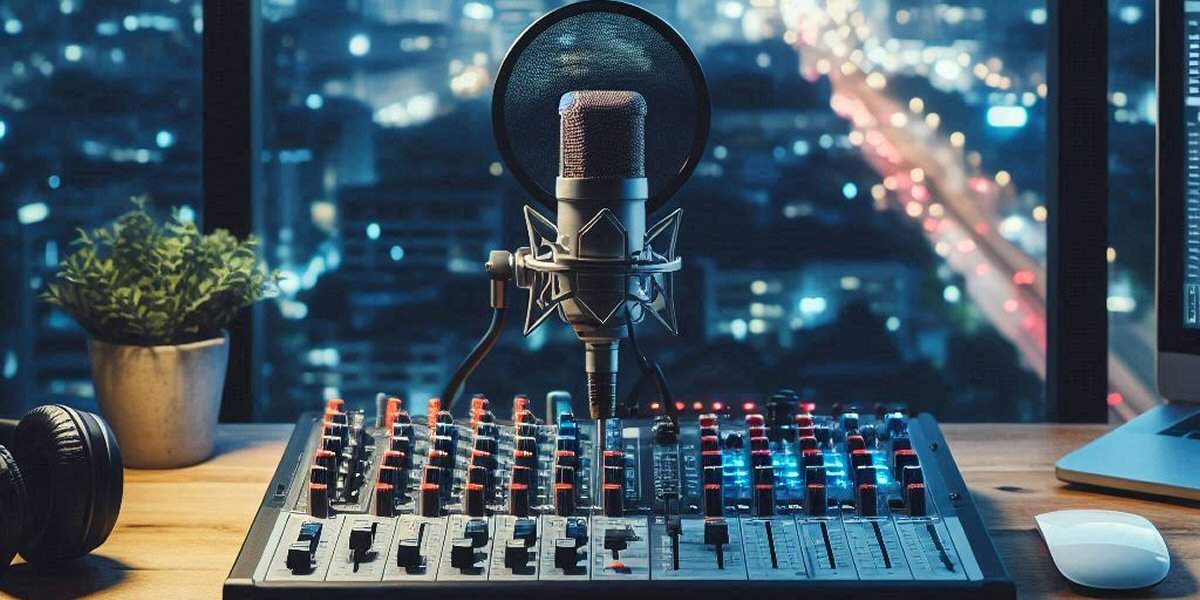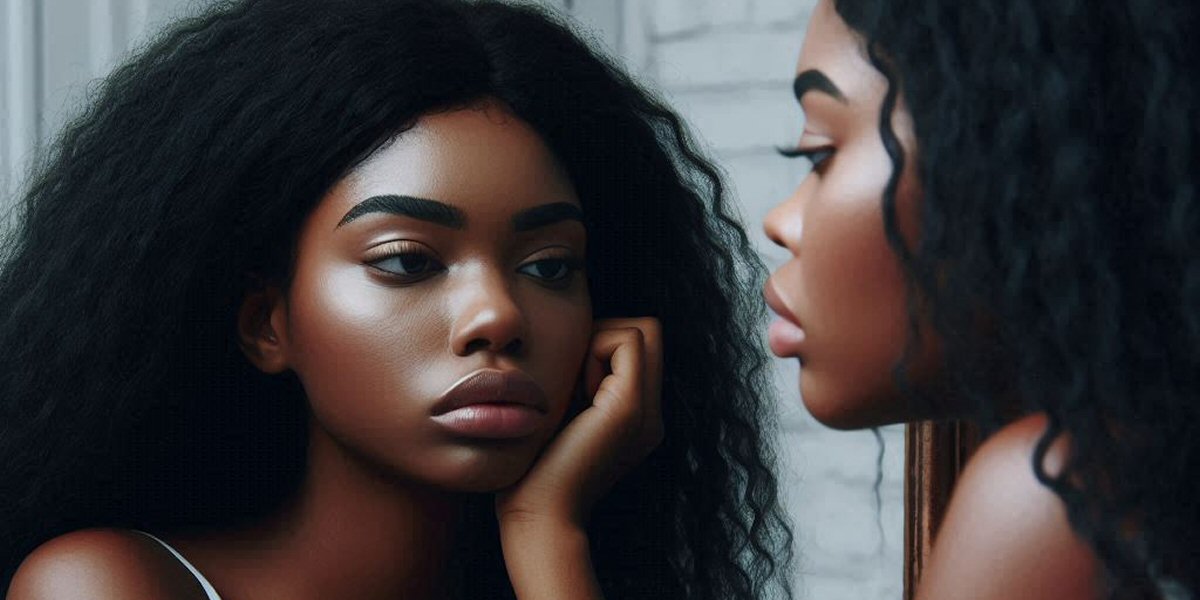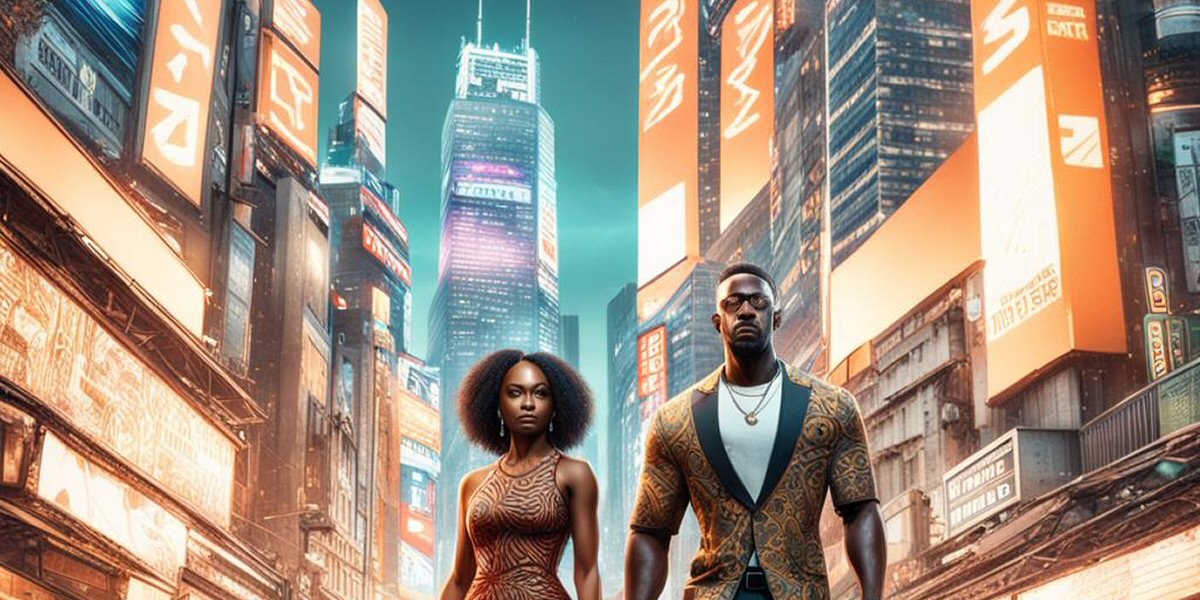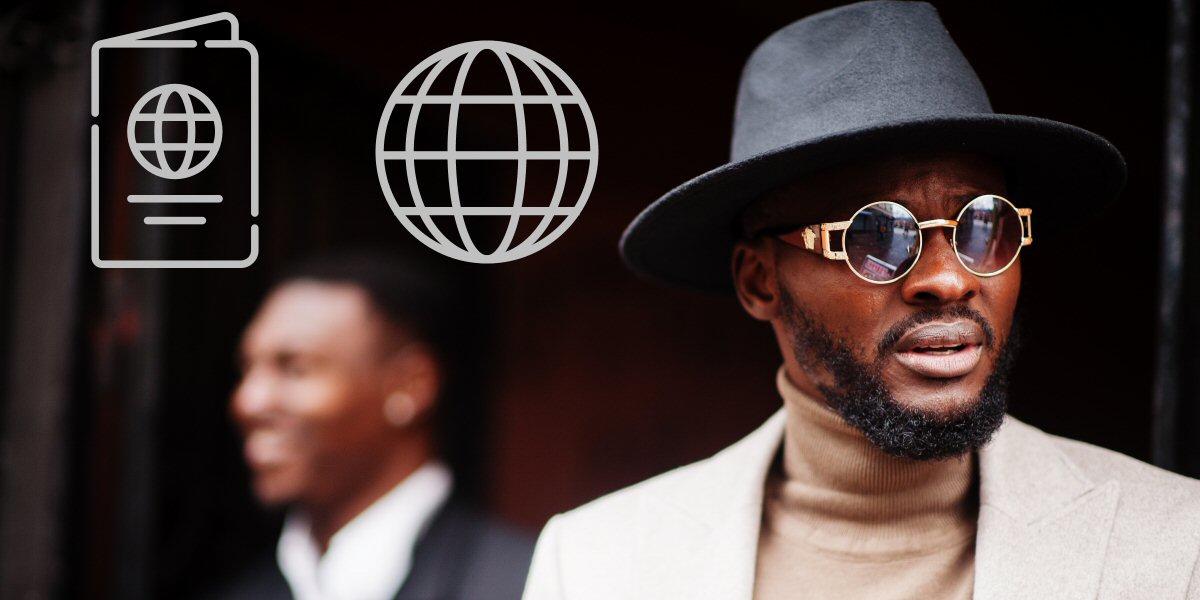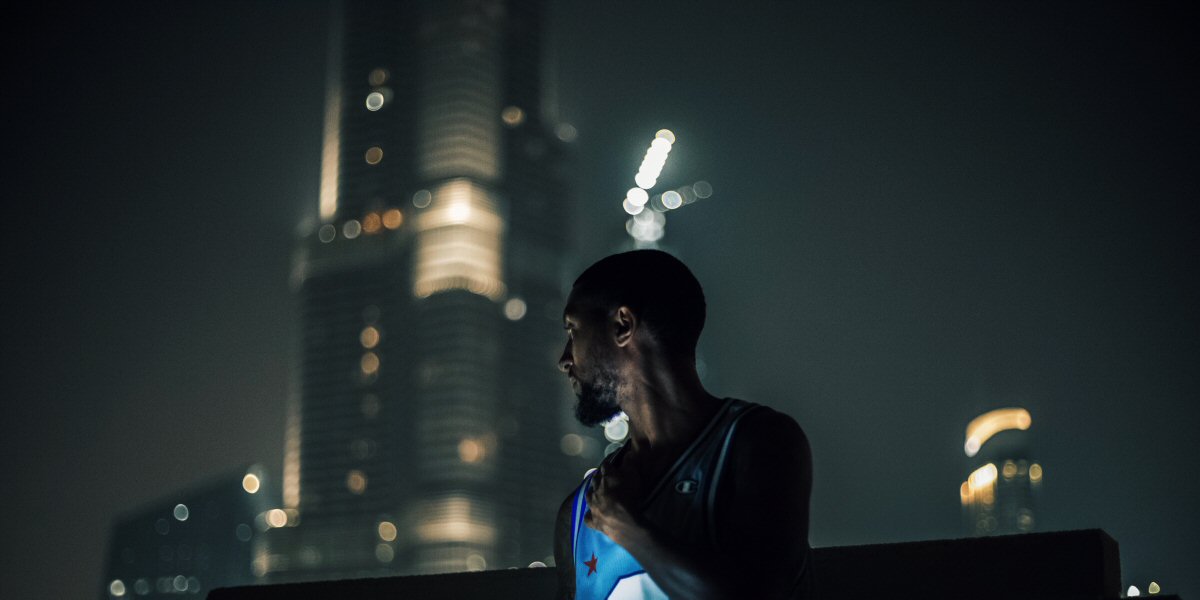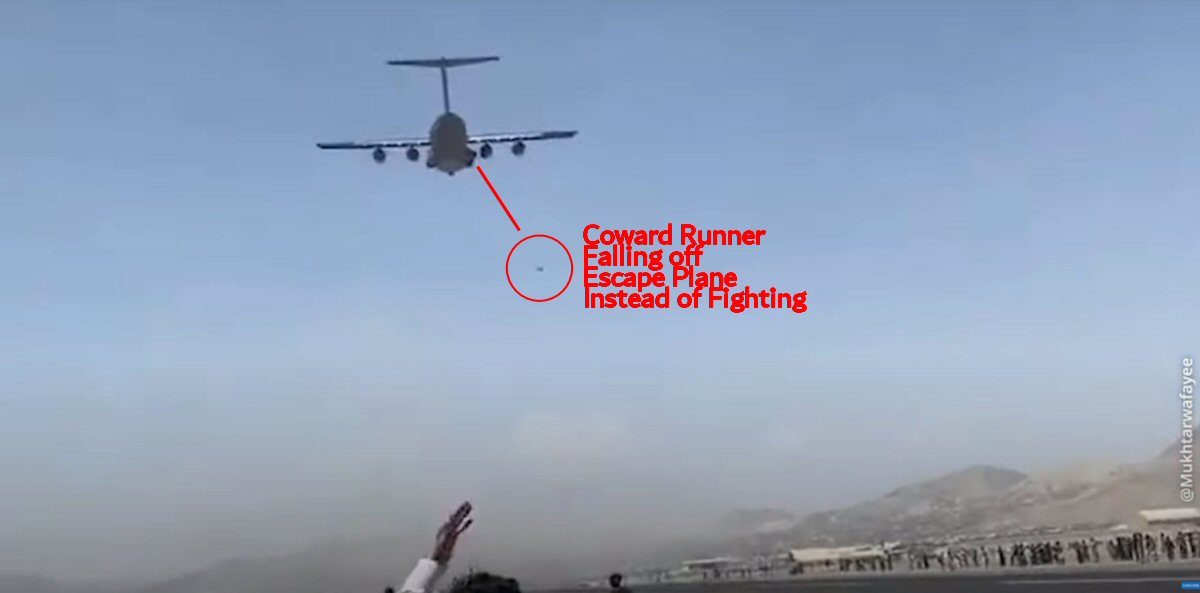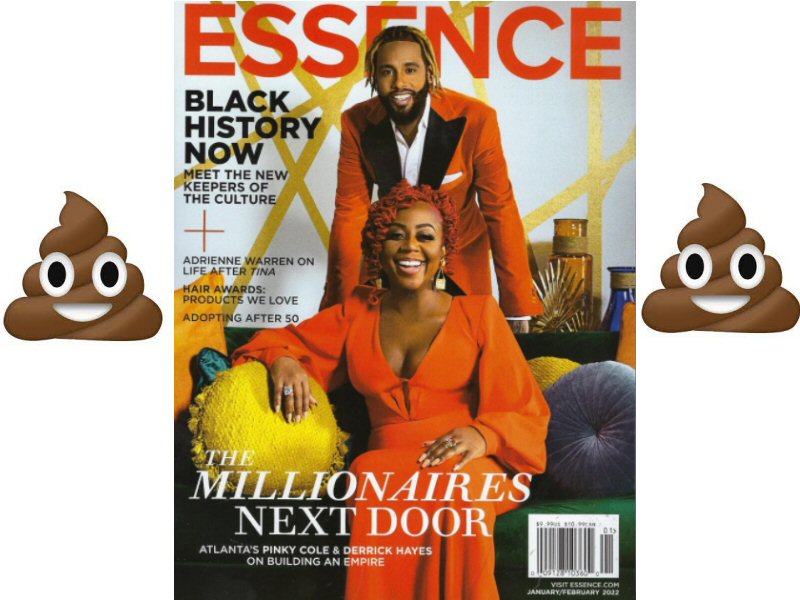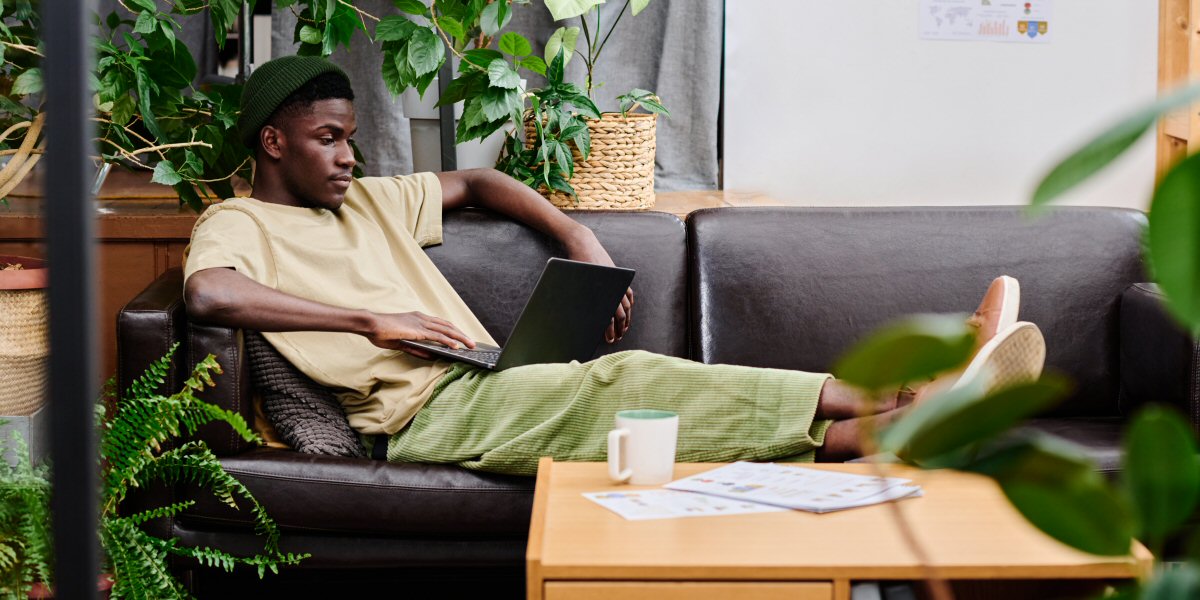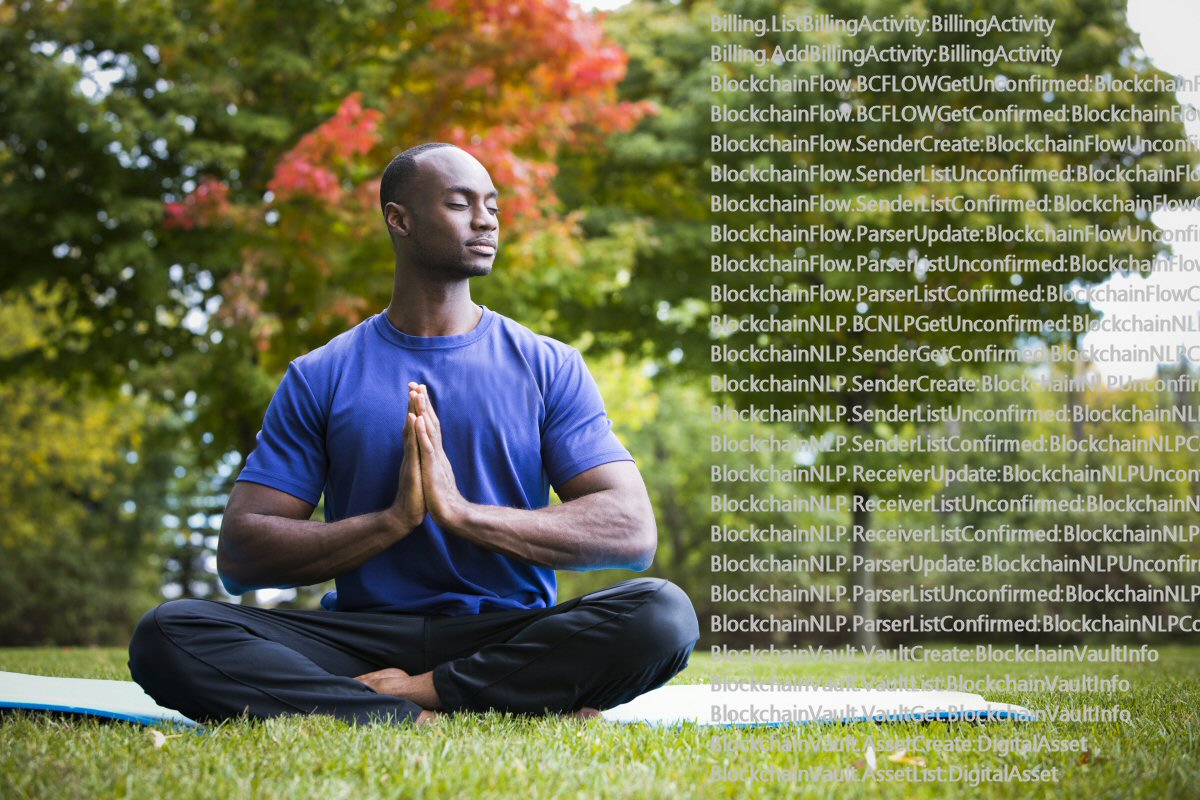Creating Black Virtual and Digital Economic Colonies
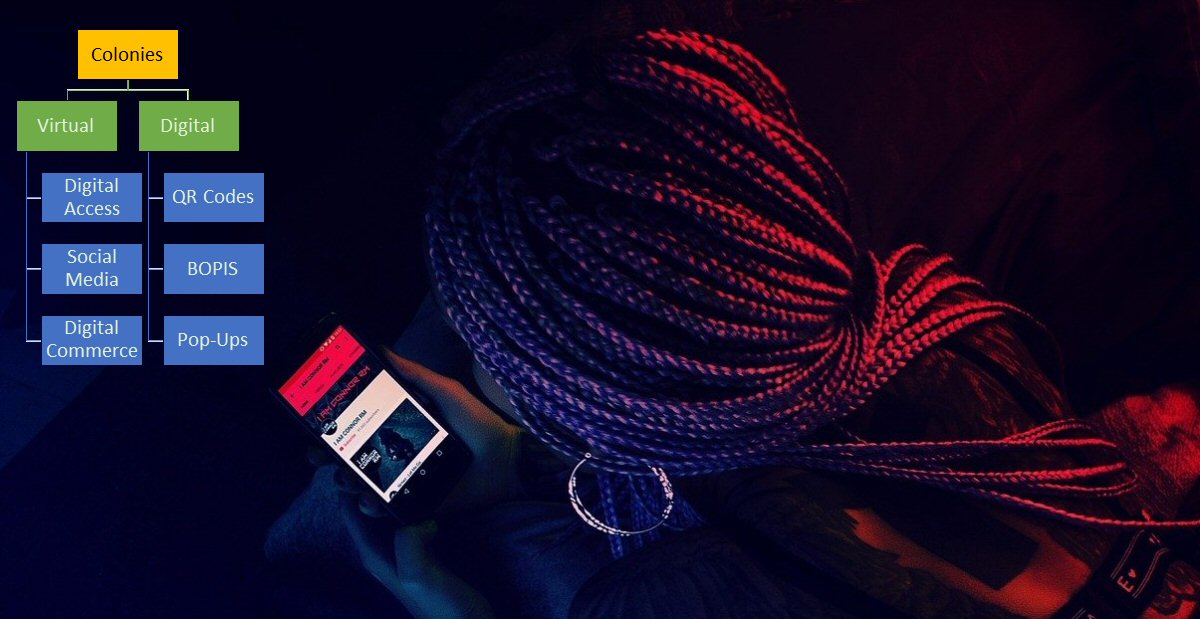
There have been three major events in 2020 we should take note of. (1) The stock market has been increasing in positive volume territory instead of crashing during the COVID-19. (2) There appear to be coordinated vandalism and looting buildings nationwide after protests around George Floyd murder by police. (3) Donald Trump planned rally in Tulsa had an attendee rate was lower than anticipated even though pre-registered tickets indicated the event was near capacity.
What was the driving force behind these events? The stock market positive volume has been attributed to young kids from Fortnite and other micro-market video games flocking to Robin Hood to invest in small to mid-cap stocks. The vandalism happening with spray-painted phrases F12 was orchestrated by anti-fascist activists who collaborated online on methods and messaging. The fan community of a K-pop group, Burn the Stage or BTS claim to have collaborated in booking fake reservations to the Trump Tulsa rally.
The outcome of these events is credited to global-based digital colonies powered by a collective of individuals. These are not “troll armies” or “social justice warriors” but full-fledged digital ecosystems with attributes and characteristics as a physical subculture.
Those who live in megacities from Tokyo to New York to Los Angeles are likely to center where they shop, dine and socialize based on their lifestyle. Taking that same concept to the current digital age, we see in Asia, mobile digital lifestyle apps from Line in Japan to WeChat in China connects people with their lifestyles through a digital ecosystem. These mobile apps connect people to businesses, events and virtual colonies reflecting their lifestyle – hence the name digital lifestyle app.
We can apply this same digital space building to our own black community by establishing both virtual and digital colonies in the same manner. In this article we are going to discuss how the black community can create these spaces.
What are Virtual and Digitalized Spaces?
It is important to understand the distinction between a virtual space and a digitalized space. A virtual space has no physical presence and engage in digital trade. Dream and Hustle is considered a virtual space engaged in digital trade – subscriptions, memberships, downloads. A digitalized space is a real-world physical space that is augmented with digital services. A restaurant that allow you to order from your phone, text you when the order if ready is an example of a business that has established digital workflow automation.
The majority of black-owned businesses are shutting down because they are not digitalized. I have plenty of black entrepreneurial friends who are failing by the day because their physical business is not properly setup for digitalization. A lot of black employees are sitting around worried about being laid off don’t have virtual businesses set up as their side hustle, they on Instagram acting like they better than me and you.
Remember this – just because black businesses are failing and black employees are still living by the paycheck during this phenomenal event doesn’t mean the environment is bad; these people ain’t adapting to the rapid change going on.
In fact, there is a greater opportunity for brothas and sistas to start new and expanded paradigms of businesses using both virtual and digital space paradigms. Look I need to make a statement at this juncture – we ADOS are in a great position but ADOS is so caught up chasing nonsense but you smarter than that and I know you seeing the big opportunities and realize this is just planned obsolesce and creative destruction of the old ways.
How to Implement Digital and Virtual Spaces
You have to understand something before you implement anything – digital and virtual spaces are self-organizing and you have to tap into it. You cannot create an outdated black boule-type structure trying to be a gatekeeper because the number of black digital subcultures are too great.
What you can do is create the ecosystem that accommodate it. Think of a car or motorcycle club – they have spaces to socialize, restaurants to accommodate their lifestyle, shops to accommodate their lifestyle and trade shows that actually promote the culture. You cannot act like these boule clowns and gatekeep the black motorcycle clubs and lifestyle; your opportunity is giving them a virtual or digitalized platform to support the motorcycle lifestyle.
What you accommodate is creating a mobile-first paradigm. For virtual spaces, you create the spaces to establish a digital trade economy. This is subscription services, digital downloads, membership services to digital spaces. Then you work with physical spaces to digitalize their business model. This means accommodate order online and pickup, product drops and accommodate drop culture and RSVP and resale markets and trade show meetups or virtual meetups.
Here is the secret, establish a template that can do both virtual and digital spaces for people to enter based on their lifestyle. You grow by just inventing new spaces to accommodate new lifestyles using the same blueprint for the ecosystem. Meanwhile, your co-workers are just working from home acting and pretending they doing some better stuff than you.
A New Horizon
This article was written to help you understand what virtual and digital spaces are because digital and virtual spaces is the new opportunity that is replacing everything you see in place right now. We are within a paradigm where COVID-19 reduced standard business operation to 40% of what business where doing before COVID19 which is unsustainable and delaying the inevitable.
Look, no one want to go to a night club no more, we tired of all that fake people trying to show off appearances instead of being a real environment to mingle in. Today, people are interested in specific lifestyles and belonging to a culture that in tune with their lifestyle.
Right now, true digital lifestyle exist in Asia with mobile apps but here in America and Europe and elsewhere, we have fragmented social media like Facebook, Instagram or Twitter that is not a true or intimate lifestyle model – meaning this is the opportunity you can take advantage of.

